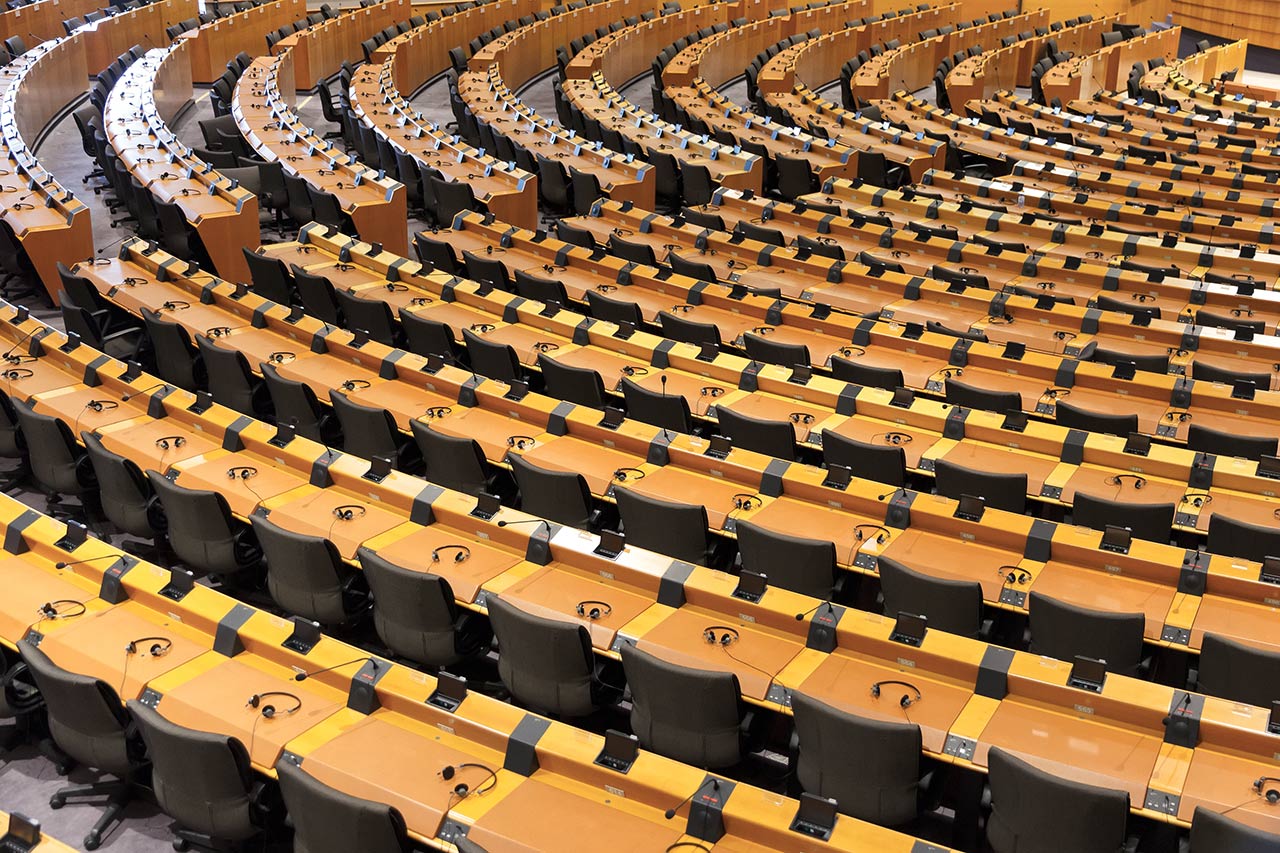The Second World War and changes to social welfare
Although the Second World War was an important reason for changes in social welfare provision between 1918 and 1979, it was one of several...
Question
Was the Second World War the main reason for changes in social welfare provision between 1918-1979?
Answer
Although the Second World War was an important reason for changes in social welfare provision between 1918 and 1979, it was one of several factors that contributed to the foundation of the modern welfare system following the Labour Party’s 1945 general election victory. Firstly, it is important to point out that agitation for changes to the social welfare provision was in place before the First World War as a result of the pressure exerted on the Liberal Party as a result of the rise of the Labour Party and this continued when soldiers returned in 1918 to poor housing, high levels of unemployment and high incidences of diseases like TB, particularly in urban areas (Cove & Westwell, 2002). This gave rise to the 1919 Unemployment Insurance Act and Housing Act, which served to address public health and the quality of housing to a degree. However, there can be little doubt that the Second World War exacerbated the demand for social reform. William Beveridge’s identification of the five Giant Evils of Want, Disease, Ignorance, Squalor and Idleness in his report of 1942 brought about fresh demands for change, although there is an argument that it can only be understood in the context of World War II because of the sense of national solidarity it introduced (Beland, 2010). This suggests that the main reason was the Second World War but it fails to account for the need to alleviate poverty and improve conditions that was evident in the 19th century and prior to 1939.
References
Beland, D., (2010). What is Social Policy. Cambridge: Polity.
Cove, D. & Westwell, I., (2002). History of World War I. London: Marshall Cavendish.
